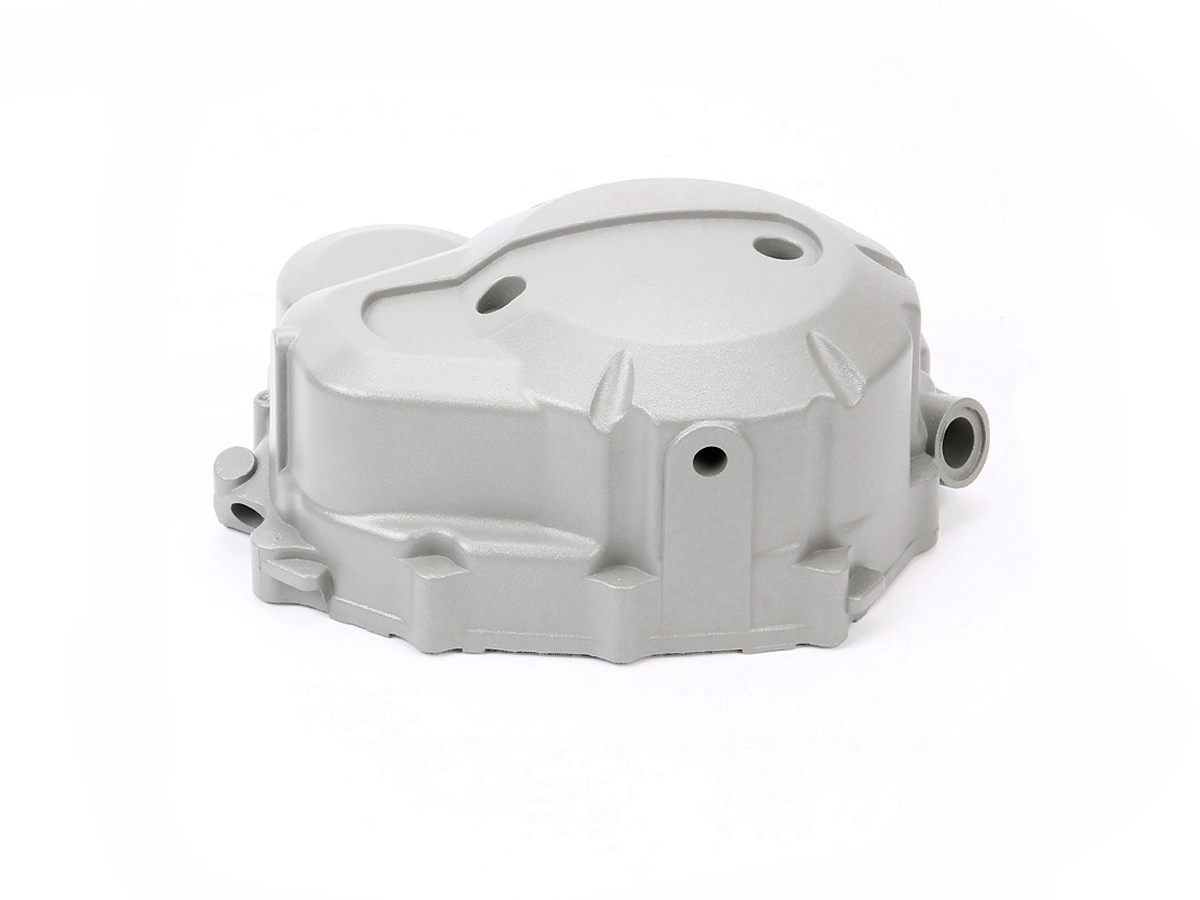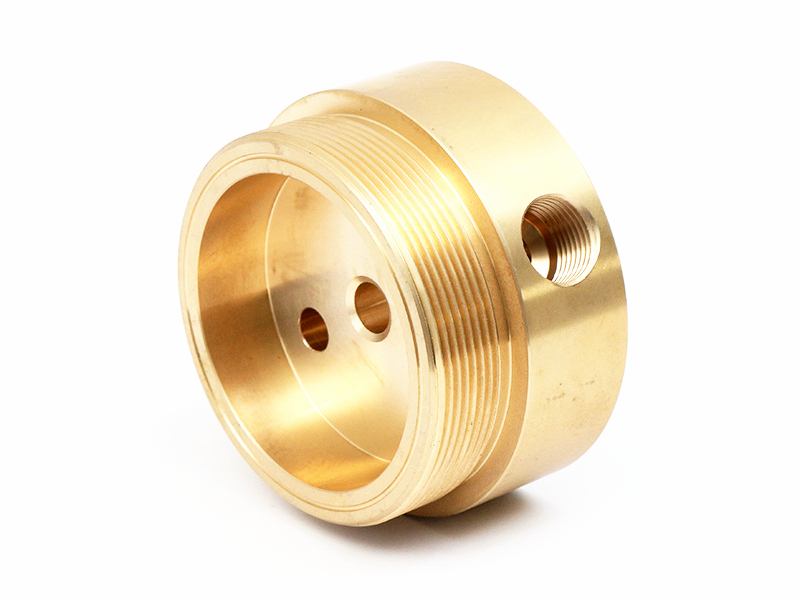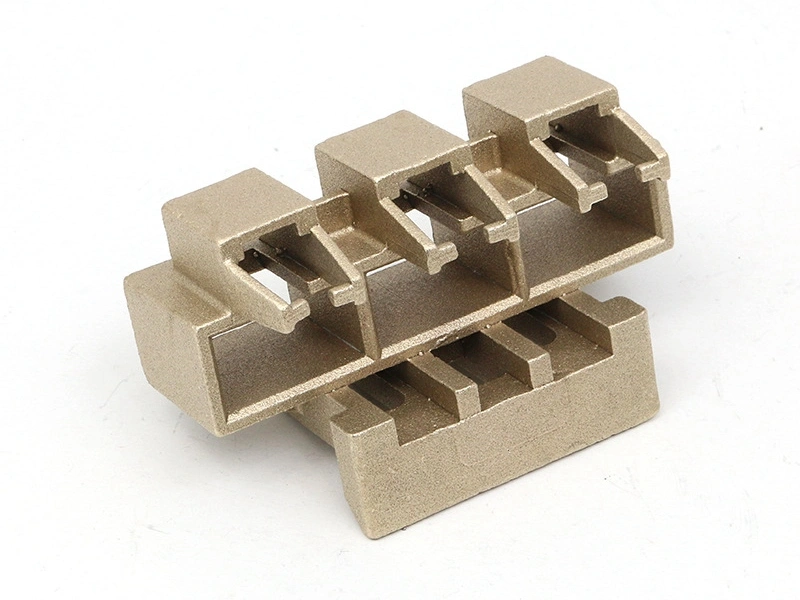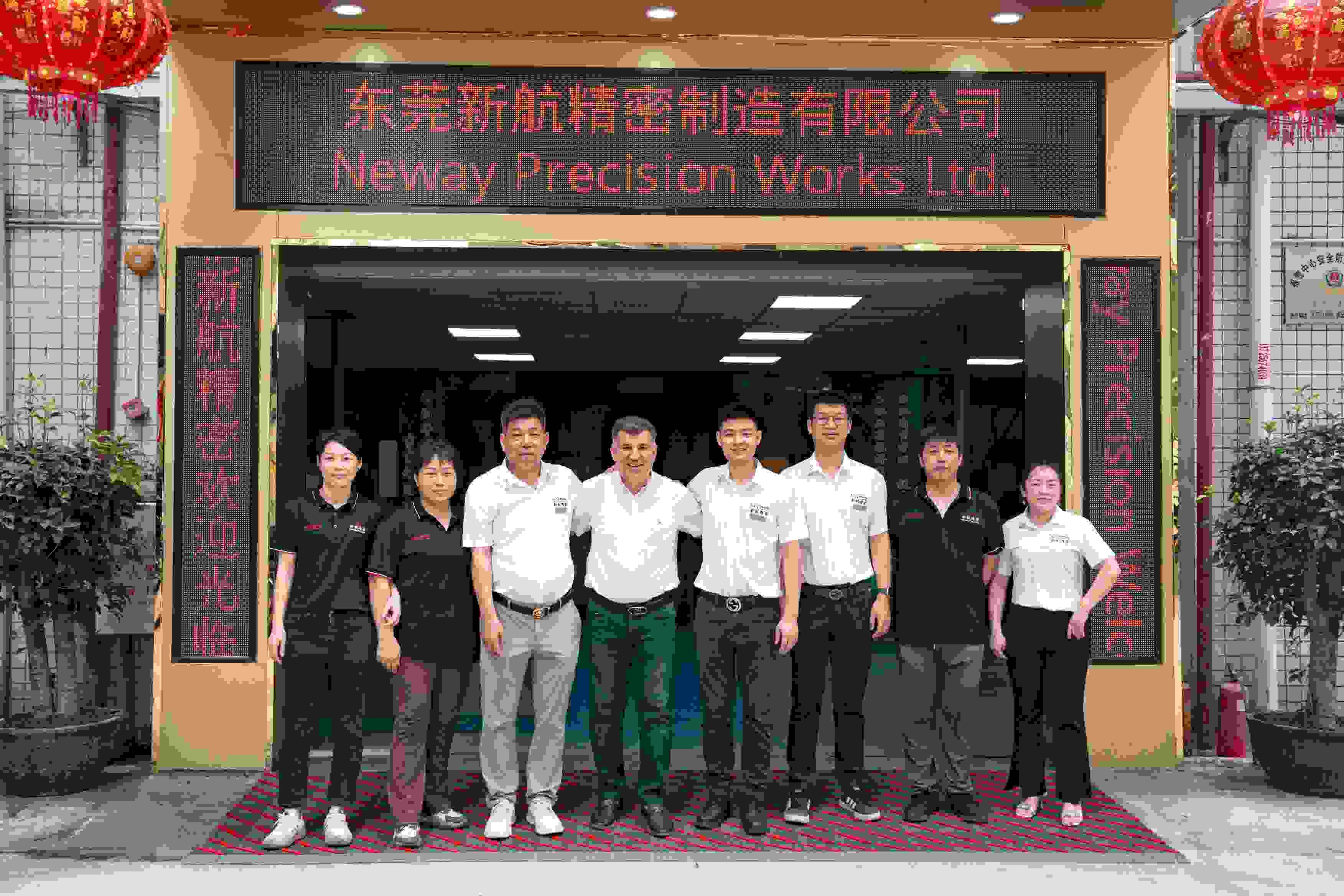High-Precision Aluminum Die Casting for Durable Automotive Engine Components
Modern automotive engines demand a combination of lightweight performance, long-term durability, and production efficiency. Manufacturers increasingly use aluminum die casting to meet these requirements and produce critical engine components. This process enables high-strength, thermally stable parts with complex geometries and tight tolerances.
At Neway, we deliver automotive-grade aluminum die casting solutions engineered for the toughest engine environments. Our components, from cylinder heads to oil pans, are designed to meet performance expectations while minimizing cost and weight.
Why Aluminum Die Casting Is Ideal for Engine Components
Aluminum alloys offer a unique strength, corrosion resistance, and thermal conductivity blend. In high-pressure die casting, these alloys can be molded into precise, complex forms suitable for combustion engines and hybrid systems.
Key Advantages
Weight reduction up to 60% compared to cast iron alternatives
Tolerance control as tight as ±0.05 mm
Operational heat resistance up to 200°C
Excellent thermal conductivity (up to 235 W/m·K)
Cycle times between 30 and 60 seconds for mass production
These characteristics contribute directly to enhanced fuel efficiency, faster assembly, and consistent engine reliability.
Common Aluminum Die Cast Engine Components
Aluminum die casting supports various structural and functional parts within automotive engines. These include:
Component | Function | Requirements |
|---|---|---|
Cylinder heads | Seal combustion chamber, mount valvetrain | Pressure integrity, thermal fatigue resistance |
Oil pans | Contain and manage lubricating oil | Leak-proof, vibration resistant, thermal stable |
Timing chain covers | Protect timing mechanism | Dimensional stability, tight sealing |
Transmission casings | Enclose transmission assemblies | Strength, geometry repeatability, corrosion resistance |
Engine mounts | Secure engine to chassis | Load bearing, vibration damping, casting consistency |
Industry Alloys for Automotive Engine Casting
Neway utilizes high-performance aluminum alloys that meet SAE and ASTM specifications such as ASTM B85 for castings. Common materials include:
Alloy | Density (g/cm³) | Tensile Strength (MPa) | Key Characteristics | Typical Applications |
|---|---|---|---|---|
A380 | 2.74 | 317 | Excellent castability, corrosion resistance | Oil pans, housings, brackets |
A356 (T6) | 2.68 | Up to 310 | Heat treatable, high ductility | Cylinder heads, suspension systems |
AlSi12 | 2.66 | 250–280 | Superior fluidity for thin-walled casting | Covers, fins, complex transmission geometry |
These alloys are selected based on thermal performance, strength-to-weight ratios, and resistance to deformation under pressure.
Precision, Tolerances, and Surface Finish
Precision is critical for engine parts that interface with gaskets, bearings, and threaded fasteners. Our production capabilities include:
General tolerances within ±0.05 mm
Critical dimensions (e.g., sealing surfaces) to ±0.02 mm
Surface roughness as low as Ra 1.6 µm after tumbling or sand blasting
Pressure-tight castings tested to 10 bar for fluid systems
Porosity levels <0.5% via internal X-ray and dye-penetrant inspection
These standards align with Tier 1 supplier expectations and are critical for parts functioning under thermal cycling, vibration, and lubricant exposure.
Post-Processing and Coatings for Engine Environments
Engine components require not only precision but also durability in extreme environments. Neway offers a full suite of in-house post-processing services to ensure readiness for assembly and operation.
CNC machining: up to ±0.01 mm accuracy for mating and sealing features
Anodizing: corrosion protection and surface hardness (up to 500 HV)
Powder coating: UV and solvent resistance
Painting: aesthetic, color-coded finishes for branded or visible parts
Assembly: gasket fitting, multi-part integration, sealing inspection
All finishes conform to automotive durability testing, including salt spray (ASTM B117), thermal cycling, and fluid exposure.
High-Efficiency Tooling and Production
Tooling quality is fundamental to cost-effective die casting. Neway’s tool and die making division provides high-precision dies for complex engine parts.
Tool steel: H13 or Inconel 718 inserts for thermal and mechanical load cycles
Tool life: 75,000–150,000 cycles per mold
Die build lead time: 4–6 weeks
Process cycle time: 30–60 seconds, depending on part volume and complexity
This supports both low-volume manufacturing for pre-series builds and full mass production with stable quality control.
Case Study: Lightweight Camshaft Cover for Hybrid Engine
A Tier 1 automotive supplier needed a redesigned camshaft cover that could reduce weight while retaining dimensional precision. Requirements included:
Weight target: below 2.2 kg
Operational temperature: 130°C continuous
Flatness tolerance: ≤0.1 mm over a 300 mm sealing plane
Visual-grade surface finish (Ra < 2.0 µm) with brand-specific paint
Neway used AlSi12 alloy with internal cooling channels in the die to prevent warping. After machining, painting, and sealing inspections, first-pass yield exceeded 98.8%. Weight was reduced by 18% compared to the previous steel-reinforced polymer component.
Why Automotive OEMs Trust Neway
Neway is a strategic supplier to automotive and mobility customers worldwide. We offer:
Design for Manufacturability (DFM) consultations
In-house die production, casting, finishing, and packaging
ISO 9001:2015 certified quality system with PPAP, FAI, and CMM reporting
Full traceability from raw material to final inspection
Rapid response for engineering changes and product iterations
Neway delivers aluminum engine castings with precision, performance, and scalability, whether for internal combustion, hybrid, or electric powertrain systems.
Conclusion
Aluminum die casting is a core enabler of modern automotive engine manufacturing. Its ability to combine mechanical strength, weight savings, and production efficiency makes it indispensable for engine designers seeking high-performance, cost-effective components. At Neway, our vertically integrated services ensure that every part meets strict automotive standards—from prototype to production.
To start your next engine component program, contact Neway for a custom consultation.
FAQs
What aluminum alloys are most commonly used in engine die casting?
How does die casting compare to forged or machined engine components?
Can die cast engine parts withstand high temperatures and pressure?
What dimensional tolerances are standard for engine castings?
How can die casting improve fuel efficiency through weight savings?



